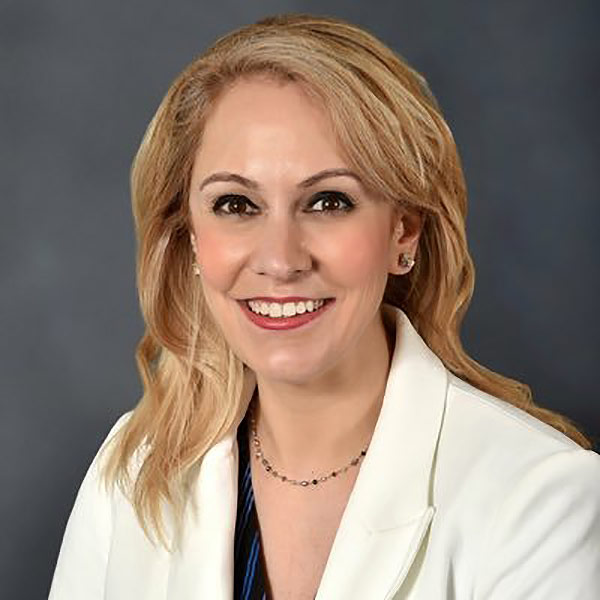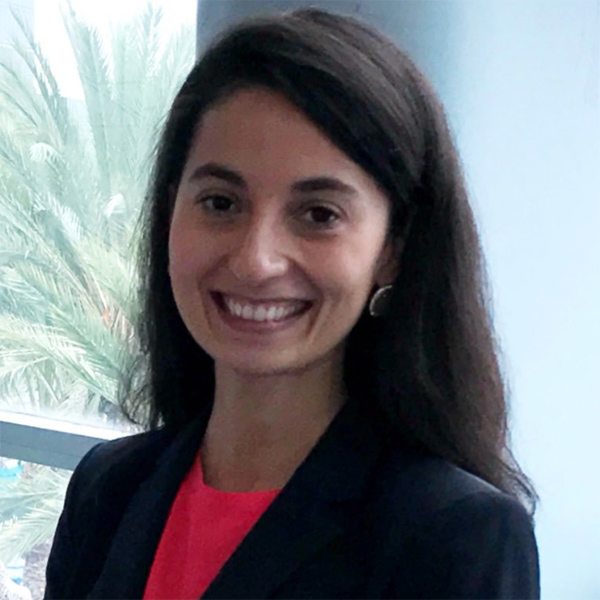Interview With Editor-in-Chief of the New JACC: Case Reports

Julia Grapsa, MD, PhD, FACC, is the editor-in-chief of one of the newest JACC journals, JACC: Case Reports.
Grapsa is currently a consultant cardiologist at Barts Health NHS Trust, home to Europe's largest specialized cardiovascular center at St. Bartholomew's Hospital, and is head of the Echocardiography Department at The Royal London Hospital. She is also an associate professor at the University College London.
Her areas of research include pulmonary hypertension and the study of right heart remodeling with multimodality imaging. In this interview, Grapsa shares her vision for JACC: Case Reports with Fellows in Training (FITs).
What is ACC's vision in establishing this new journal?
JACC: Case Reports is an open access journal serving as a forum for promoting clinical cases and clinical problem solving. It will accept everyday educational or rare clinical cases, well-described and with clear learning objectives.
Furthermore, the journal aims to serve as a publication vehicle for early career cardiologists and members of the cardiovascular care team, as well as a forum for mentorship on the review and publication process. Our target is to engage training directors and FITs to bring them together within this mentoring platform.
What are the different types of submissions or manuscripts being accepted by JACC: Case Reports?
JACC: Case Reports will address the vast spectrum of clinical cardiology through various content approaches. It is important to stress that we wish to engage not only FITs and senior physicians but also medical students, nurses and allied health professionals.
We will have the following types of manuscripts:
- Clinical Cases
- Clinical Case Series
- Global Health Reports
- Heart Care Team/Multidisciplinary Team Live
- ECG Challenge
- Clinical Vignette: standalone image or video of clinical cardiology with a short legend
- Letter to the Editor/Reply to the Letter to the Editor
- Voices in Cardiology that will address mentoring, physician's wellbeing and the patient's perspective
In addition to the above submissions, what are other opportunities for FITs to get involved in JACC: Case Reports?
We have already created a powerful editorial board with FITs who will join senior physicians in reviewing clinical cases and transforming cases into active education. We understand that FITs benefit from clinical activities, and we hope this journal will be a great opportunity for them to submit clinical cases and get cited for their valuable work.
Furthermore, we match senior colleagues with FITs to provide them the opportunity to interact not only through clinical cases but also through our Voices in Cardiology section. We are trying to provide multiple platforms to engage FITs.
You are the first international woman and one of two women to ever serve as the editor-in-chief of a JACC journal. How do you think your perspective will impact the journal over the duration of your five-year appointment?
It is such a great honor and privilege to serve as the editor-in-chief. Together with Bonnie Ky, MD, FACC, we are the first female JACC journal editors-in-chief. I cannot wait for us to have the inaugural issue of JACC: Case Reports. JACC journals is a big family under the leadership of Valentin Fuster, MD, PhD, MACC, who is a supportive and great mentor.
I am confident that this journal will be a success. My experience as chair of the young community for imaging within the European Society of Cardiology contributed significantly to understanding the needs of young people, helping them to speak up, and addressing their wonderful ideas and suggestions.
As a part of the JACC journals family, I hope that within five years we will create a large mentoring platform, teach clinical cardiology and develop new pathways into clinical education.
We encourage you to submit your manuscripts on the platform at JACCSubmit-CaseReports.org. For additional questions, email jacccr@acc.org.
